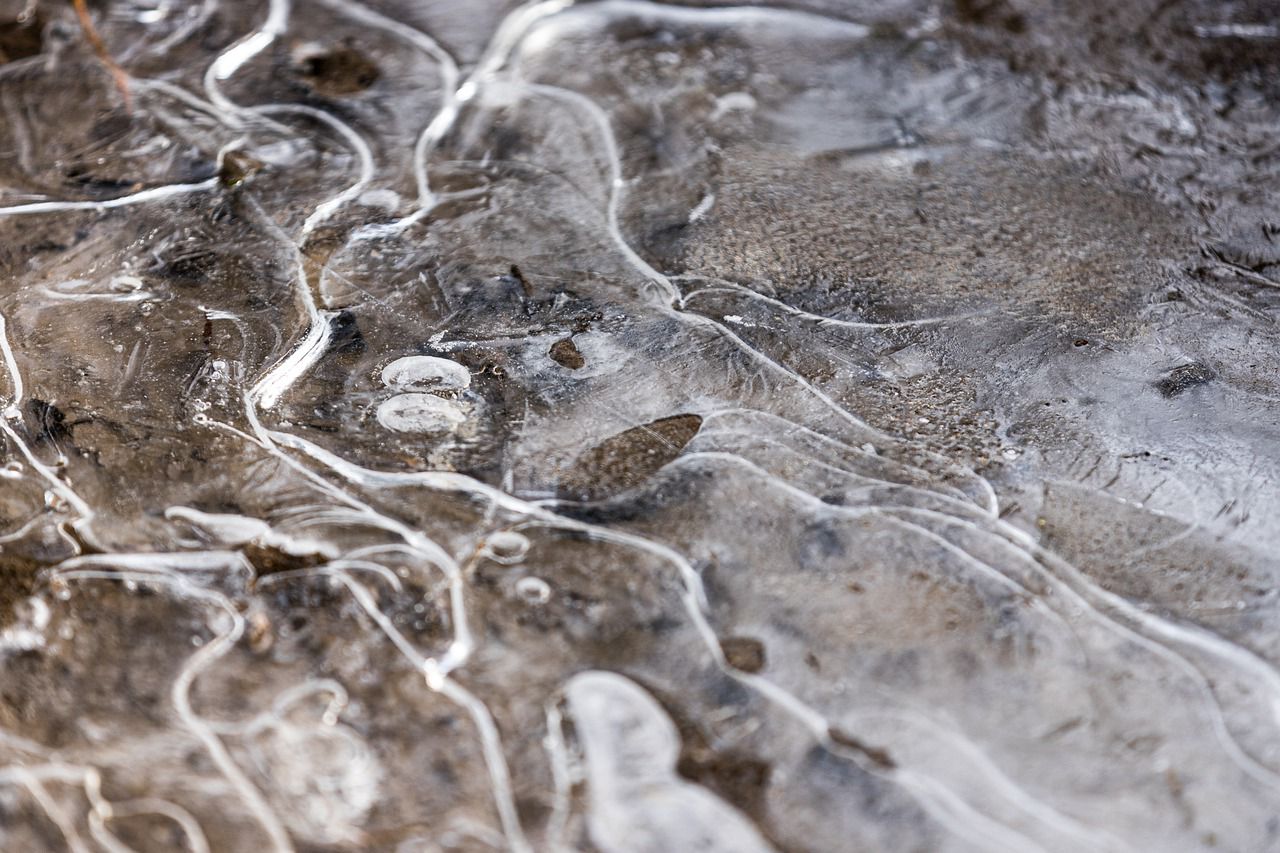One thing we have had a lot of this winter has been some big fluctuations in temperatures. However, most of January and the first half of February of 2020 have had above average temperatures. In fact, many nights have been near or above freezing. Because of the mild winter, the ground has barely, or in some cases, has not frozen. But arctic air is now arriving in Ohio - bringing some of the coldest air so far this winter. As temperatures rapidly fall, frost quakes become possible.
A frost quake, or a cryoseism, happens when moisture trapped within rocks or soil freezes and cracks following a large temperature drop. Water sinks into the soil and saturates its surroundings. As temperatures drop well below freezing, the saturated material will freeze and expand. As it expands, it puts stress on its surrounding rock or soil, or even trees, until the pressure must be relieved, and a small explosion happens. People report hearing loud booms with these quakes, or in some cases, even feeling the earth shake beneath them.
Frost quakes were recorded across the country during the winter of 2013-2014, when we saw bitterly cold temperatures from the polar vortex. One such quake was reported in Wisconsin and caused a 100-foot crack in a driveway. Now, they are back.
It takes a few things to make a frost quake possible. Rate of temperature drop is important. In Ohio, the temperature just a few days ago was in the middle to upper 40s. Temperatures by Friday morning are expected to dive into the lower to middle teens... and perhaps single digits by Saturday morning. If the temperature drop is fast enough, it may not allow for the water from recent rain and melted snow in the soil to evaporate or get otherwise dispersed. This could lead to a rapid freeze deeper into the ground. If this happens, then you may just HEAR it!
The amount of snow on the ground is also important, since it can act like an insulator for the ground. Frost quakes usually happen when there is little to no snow on the ground.
So, if you have heard some popping sounds or cracks outside, but not sure where the sound came from, it may have been a frost quake! If it was loud, you might check your surroundings to see if you notice any cracks in the soil, rocks or pavement. If you hear something or see something, take a video and share it with us!



